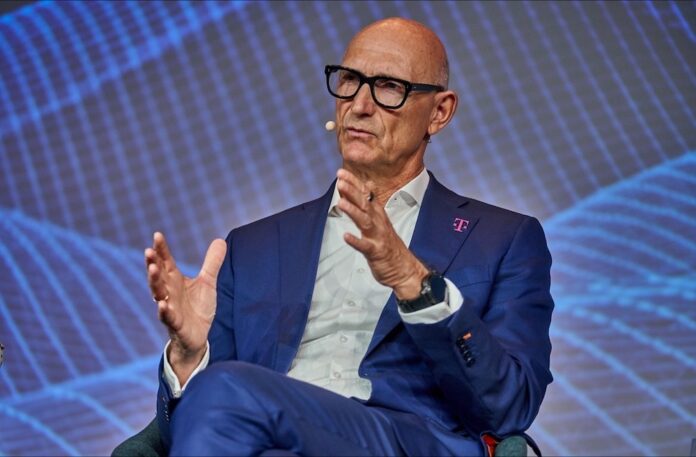Meta wanted to convert an IP transit agreement with Telekom to free peering and continued to send traffic to the telco’s network after contract termination
The Cologne Regional Court has upheld a lawsuit from Deutsche Telekom (DT) over an IP transit dispute with Meta, ordering the social media company to pay around €20 million. The long running dispute follows the termination of the original IP transit arrangement between the parties. Meta thought it was paying too much – around €5.8 million annually and reportedly requested a 40% discount. Telekom countered with a 16% reduction. After intense negotiations, Meta decided to terminate.
Although the telco acknowledged the termination, it kept the ports open “for the benefit of consumers and society in general” as it looked to establish a new agreement, as reported in detail at golem.de. As Meta continued to send its traffic to Telekom’s network on the basis of settlement-free peering, the telco ultimately sued the social network.
Contradiction
This was heard in Bonn Regional Court which referred the case to the Cologne Regional Court in a detailed decision [in German]. The Cologne court agreed with Telekom. From the court’s point of view, it was irrelevant “whether the interconnection represents ‘peering’ and not ‘transit’ from a technical point of view.” In any case, “the data was sent in the same way as before the termination”.
The Court ruled that Meta implicitly concluded an agreement with DT by continuing to send its traffic following the communication of new conditions by DT. The Court added that Meta cannot subsequently declare the termination on the one hand and continue to use the service on the other. Such a termination would contradict actual behaviour, it concluded. The court’s decision has been posted on LinkedIn.
Is it IP transit or is it peering?
Naturally many observers are rushing to the conclusion that the Cologne decision marks some sort of turning point in the long-running debate over whether US technology companies should be sharing the costs associated with European network infrastructure. ETNO had the decisions as first story in its latest newsletter for example.
Meta’s decision to continue sending traffic “settlement-free” almost feels like the company was willing to set some precedents on this very point. For example, in the Bonn legal proceedings, Meta argued that Telekom holds exclusive control over connecting its customers through the networks it operates.
The company claimed that instead of freely exchanging data with Meta in a peering like arrangement, Telekom insisted on paid agreements, exploiting its control to charge fees. However, the Cologne Regional Court disagreed, viewing Telekom and Meta as mutually dependent. It concluded that Meta’s influence balances Telekom’s dominance, preventing any abuse of power.
Next steps
Meta reacted to the judgment by suggesting it still considers Telekom’s claims to be unfounded and the company is said to be examining all legal options. Meta is expected to appeal, which could take the case to the Düsseldorf Higher Regional Court and possibly later to the Federal Court of Justice – meaning the final decision may take years.
So, while many will call this a renewal of the “fair share” debate, the inevitable conclusion is more nuanced. Looking at it from its most narrow viewpoint, it is a contract dispute. From a wider perspective, it isn’t expected that Telekom will herald the decision as the final answer on “fair share” but will instead continue to push for a regulatory resolution suggesting the market alone won’t be able to solve this broader issue.
As reported by golem.de, a Telekom spokeswoman now told the dpa news agency: “It shows that network operators in Europe are allowed to demand payment from large Internet companies for data transport.” She added it cannot be the case: “that European network operators will always have to go to court in the future to enforce payment for a valuable service.”



